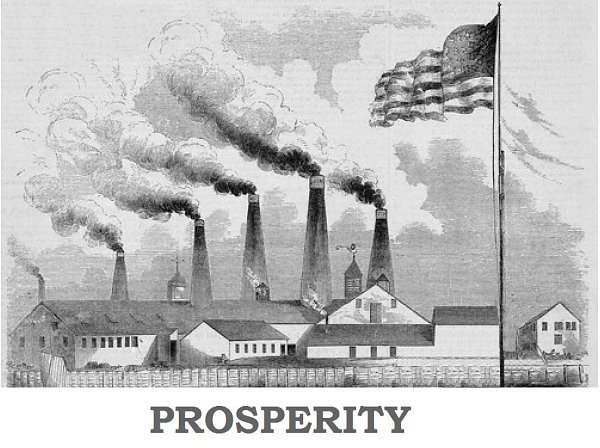A guest post by Garth Heutel
Many advocates of environmental policy see the Trump administration’s view of the environment and the U.S. Environmental Protection Agency as a setback that dims the prospects for new and stronger environmental laws. Consequently, some state and local governments are picking up the slack. For example, California recently for greenhouse gases, and the mayor of Atlanta to lower carbon dioxide emissions, despite the President’s decision to from the Paris climate accord. In this current complex landscape, economic theory can contribute valuable insight when designing climate and environmental policies at the federal, state, or local level. In particular, economic theory suggests that market-based environmental policies may provide clear advantages when compared to command-and-control policies. Let me explain why.

Illustration credit: , .
